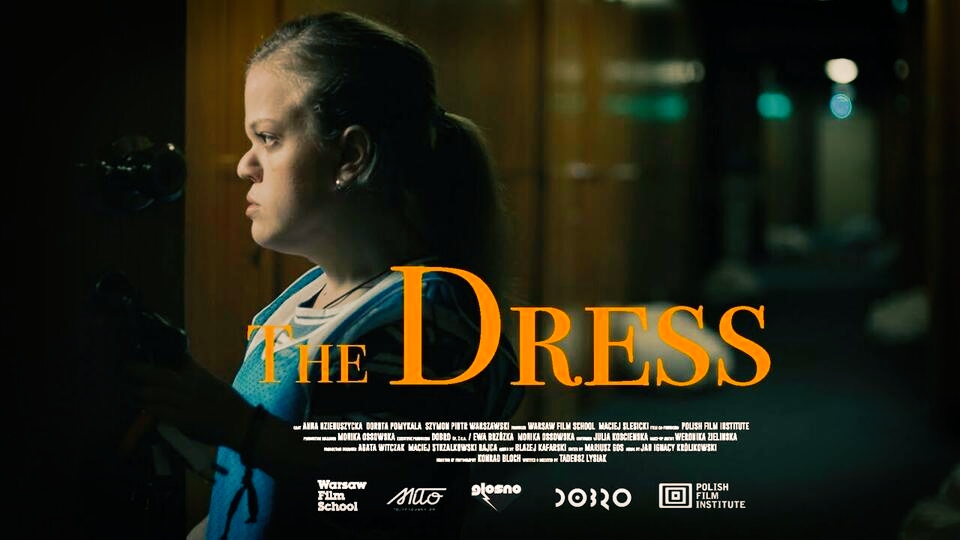I was not surprised how liberal-left film critic Tomasz Raczek commented on the Oscar nomination of 29-year-old Warsaw Film School student Tadeusz Łysiak’s film “The Dress.” His words sparked controversy, with some people falsely believing that Raczek had “besmirched” the film.
This is untrue — the critic had stated that he was happy with the nomination and that he himself had given an award to “The Dress” at a film festival.
The critic did not question the artistic value of the film, but rather the idea: that a story about a woman who has issues with finding her place and respect in society is a film which belongs to authentic Polish culture.
“Mentally, this is not a Polish film. It stands against the reality in Poland which is characterized by growing callousness, an increasing lack of empathy and indifference to other people,” he said.
[pp id=28902]
So, what is this all about?
This concerns the fact that in the eyes of the liberal-left establishment, an “authentic Polish film” can only be one which shows Poland as a pathological phenomenon — one which shows Poles as anti-Semites, degenerates, backwards Catholics and people who hate anything that is different. Such art is meant to be “authentic Polish culture,” that type of art that would make a person feel the need to depart from their national roots.
This imperative of oikophobia is not just a Polish phenomenon.
Croatian artists — writers or filmmakers who want to achieve success at home or in the West — always create works in which Croatia is shown as a backwater, and they are always patronizing to their own nation and state. This is why I am not surprised by Raczek’s words.
Meanwhile, Łysiak’s film is different. Although it critically commented on the society in which we live in, it does not put forward the notion that it is evil due to its “Polishness.” The reasons for the evil within us, that the film points to, are not ideological but psychological or even metaphysical.
Raczek had said that “Poland does not deserve such a distinction” when speaking about the Oscar nomination.
As a naturalized Pole, I believe something entirely different: I think that Poland deserves such films — films which are meant to encourage us to do good and be noble, and not just instill a sense of distancing and disdain for who we are and where we are headed.
I also believe that we deserve different art critics.





